Democratic Republic Of Congo
The main opposition coalition in the Democratic Republic of Congo (DRC) has elected a new leader to steer affairs of the group.
Felix Tshisekedi, son of the deceased leader will take over from where his father left off. The decision was arrived at during a meeting that lasted from Thursday (March 2) into the wee hours of Friday.
Etienne Tshisekedi, a former Prime Minsiter and leader of the Rassemblement died on February 1, in the Belgian capital, Brussels, where he had gone to receive medical treatment. His death sparked fears that a political agreement brokered by the Catholic Church stood on shaky grounds – a view that was shared by a number of international bodies.The second topmost member of the coalition shall be, Pierre Lumbi – a former member of the Presidential Majority and former special advisor to President Kabila on matters of security. He left the government in September 2015 – he will serve as chairman of the committee of wise men.
Lumbi will assume the post of leading the implementation of the agreement of December 31, the role that was supposed to be occupied by Etienne Tshisekedi. Felix Tshisekedi is widely expected to be named Prime Minister as agreed by the deal – that the opposition occupies that post.
Indeed, one of the conditions of President Kabila was that the opposition found a new leader, and then listed three ministerial nominees as part of efforts aimed at putting the negotiations back on track.
There are however small undercurrents within the party with some disappointed members pointing to ‘political immaturity of the new leader in making some appointments.
Reports indicate that three smaller parties walked out of the meeting as signs of protests. “Certain ambitions are offended,” acknowledged a spokesperson of the group, Delly Sessanga.
The DRC Catholic Church brokered a last-minute political deal between the government and the main opposition. Under the agreement, polls are expected to be held this year to replace incumbent Kabila whose mandate run out in December last year.
The deal signed on New Year’s Eve also added that a transitional government be put in place as preparations are made towards the next elections. The government is on record to have said that the cost of polls were too expensive to be held this year.
This agreement had narrowly avoided serious tensions in the lead up to the expiration of Kabila’s second and final mandate. The deadly protests that hit the capital, Kinshasa and other parts of the country were hinged on refusing a mandate extension by the incumbent.




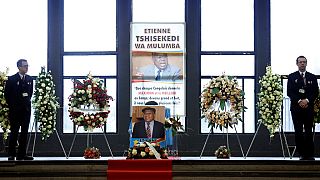
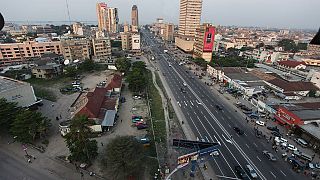
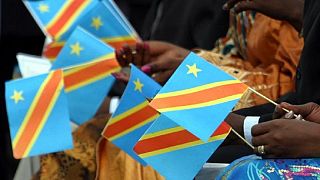
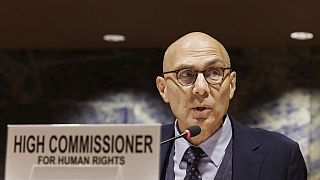
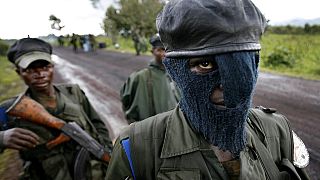
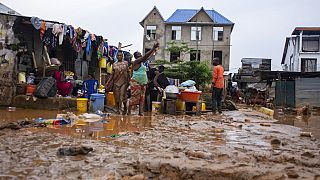
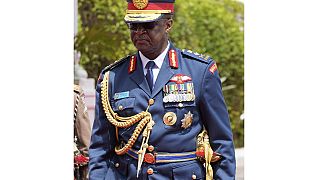
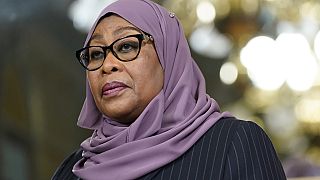
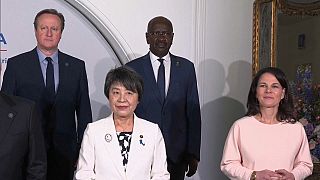
Go to video
DR Congo names first female prime minister amid escalating violence
01:41
Landslide in Rwanda causes devastation in bordering Congo
01:03
Rwanda's President agrees to meet Felix Tshisekedi over eastern Congo crisis
01:12
Is Rwanda opposed to an AU-backed SADC operation in eastern DRC?
02:00
SADC army chiefs visit Goma amid clashes between DRC army and rebels
01:02
Pics of the day: February 29, 2024